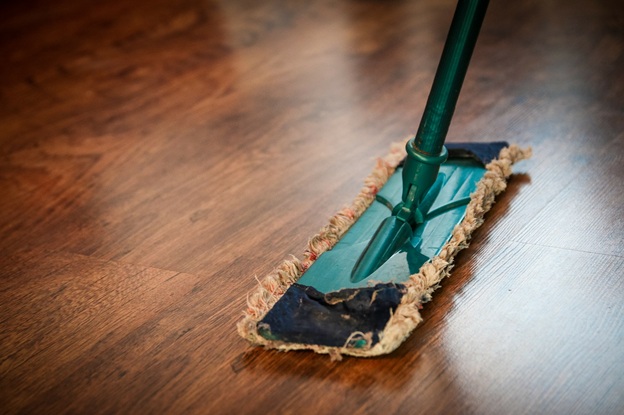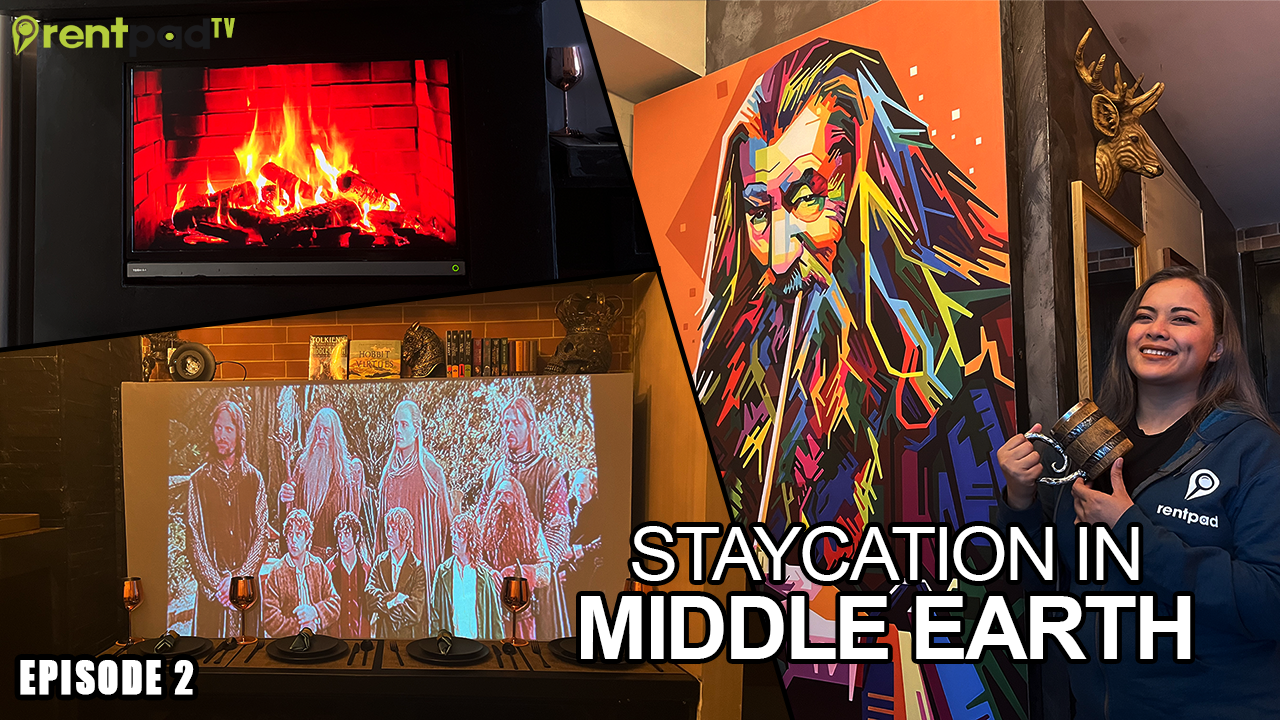Basic Rules Every Landlord Should Include in Their Rental Agreement - Part 2
|
by Tina Hizon
•
Aug 17, 2017
•
General
|

This is Part 2 of the previous article I've written regarding basic rules every lease agreement should have. For those interested in reading the first part, you may do so by clicking here.
6. Term of Tenancy
Indicate in your lease agreement if tenancy is on a monthly or fixed-term basis. Rental agreements run on a month-to-month basis which self-renews unless terminated either by the landlord or tenant, while fixed-term lease usually lasts for about a year (or longer) which can be renewed by both parties after the term expires. It's up to you to decide which term tenancy you want for your property based on how long you want the tenant to stay and type of flexibility that you would want to have. Consider the pros and cons of both before deciding on either one.
7. Garbage Removal
Trash disposal is one of the usual concerns of landlords. Improper waste removal is not only unsanitary, it can also pose health hazards to the occupants and neighbours. Plus, you wouldn't want your property looking run-down and smelly after the occupants move out. Be clear and specific in your agreement how often the trash should be taken out and how hazardous materials should be disposed. Some condominiums and apartments have recycling policies which should be made aware to tenants. Providing them with guidelines on what goes where would be really helpful to them.
8. Proper Use of Fixtures and Repairs
As mentioned before in my previous article, the security deposit is the usual cause of tension between landlords and their tenants. That's why it's important for both of you to be clear on each other's responsibility regarding repairs and maintenance. Providing instructions on how fixtures should be used will save you time and headaches for repeatedly having to go over and make repairs. It will also give you the option to not pay for repairs if the fixture has not been used properly by the tenant.
As landlord, it is your obligation and responsibility to carry out basic repairs and make sure that installations are in good working order. Let the tenant know that he should report any defect or dangerous condition in your property immediately. Provide him with details in your agreement on how complaints and repair requests will be handled (i.e. complaints will be handled within 24 hours for emergency cases and within the week for non-emergency cases).
Lastly, state in the agreement any restriction on tenant repairs and alterations, and that consent should be given first before any modifications are made.
9. Advance Notice of Vacating
If your rent runs on a monthly basis, state in your agreement the time duration of notice you'd prefer tenants give you before they move out. Landlords usually ask for a one-month notice or 30-days heads-up to give them time to look for new tenants.
10. Modifications and Restoration of Property
Inform your tenants that it will be their responsibility to restore the rented property back to its condition when they first moved in. You have to make this clear to your tenants from the start to avoid future misunderstandings. In addition, you should be upfront with your tenants on what they can and can't change in your property as they may be tempted to renovate it to their liking (paint, landscaping, etc), and that they should ask for permission first before any changes are made.
Happy Renting!
6. Term of Tenancy
Indicate in your lease agreement if tenancy is on a monthly or fixed-term basis. Rental agreements run on a month-to-month basis which self-renews unless terminated either by the landlord or tenant, while fixed-term lease usually lasts for about a year (or longer) which can be renewed by both parties after the term expires. It's up to you to decide which term tenancy you want for your property based on how long you want the tenant to stay and type of flexibility that you would want to have. Consider the pros and cons of both before deciding on either one.
7. Garbage Removal
Trash disposal is one of the usual concerns of landlords. Improper waste removal is not only unsanitary, it can also pose health hazards to the occupants and neighbours. Plus, you wouldn't want your property looking run-down and smelly after the occupants move out. Be clear and specific in your agreement how often the trash should be taken out and how hazardous materials should be disposed. Some condominiums and apartments have recycling policies which should be made aware to tenants. Providing them with guidelines on what goes where would be really helpful to them.
8. Proper Use of Fixtures and Repairs
As mentioned before in my previous article, the security deposit is the usual cause of tension between landlords and their tenants. That's why it's important for both of you to be clear on each other's responsibility regarding repairs and maintenance. Providing instructions on how fixtures should be used will save you time and headaches for repeatedly having to go over and make repairs. It will also give you the option to not pay for repairs if the fixture has not been used properly by the tenant.
As landlord, it is your obligation and responsibility to carry out basic repairs and make sure that installations are in good working order. Let the tenant know that he should report any defect or dangerous condition in your property immediately. Provide him with details in your agreement on how complaints and repair requests will be handled (i.e. complaints will be handled within 24 hours for emergency cases and within the week for non-emergency cases).
Lastly, state in the agreement any restriction on tenant repairs and alterations, and that consent should be given first before any modifications are made.
9. Advance Notice of Vacating
If your rent runs on a monthly basis, state in your agreement the time duration of notice you'd prefer tenants give you before they move out. Landlords usually ask for a one-month notice or 30-days heads-up to give them time to look for new tenants.
10. Modifications and Restoration of Property
Inform your tenants that it will be their responsibility to restore the rented property back to its condition when they first moved in. You have to make this clear to your tenants from the start to avoid future misunderstandings. In addition, you should be upfront with your tenants on what they can and can't change in your property as they may be tempted to renovate it to their liking (paint, landscaping, etc), and that they should ask for permission first before any changes are made.
Happy Renting!
Comments 💬






